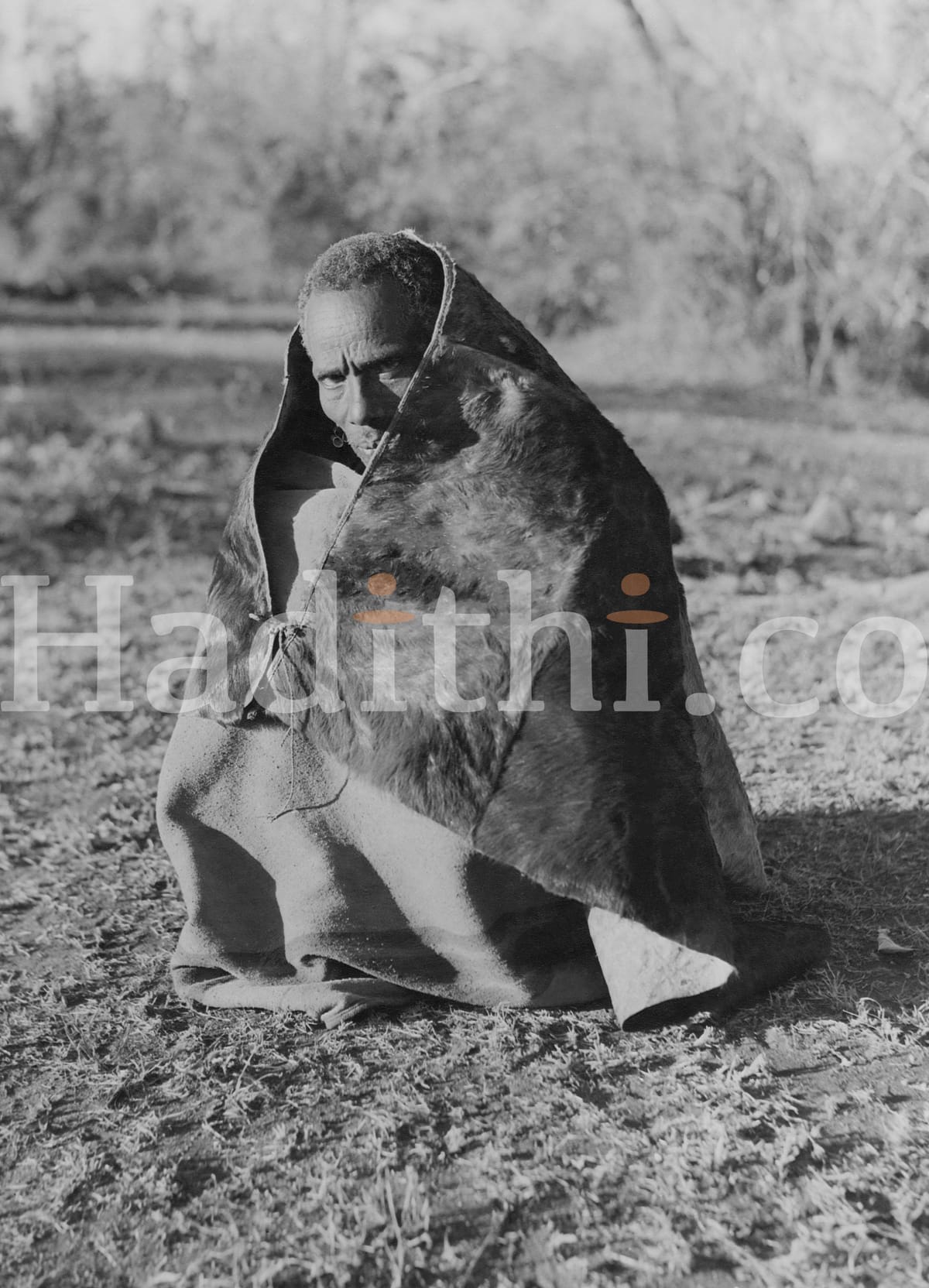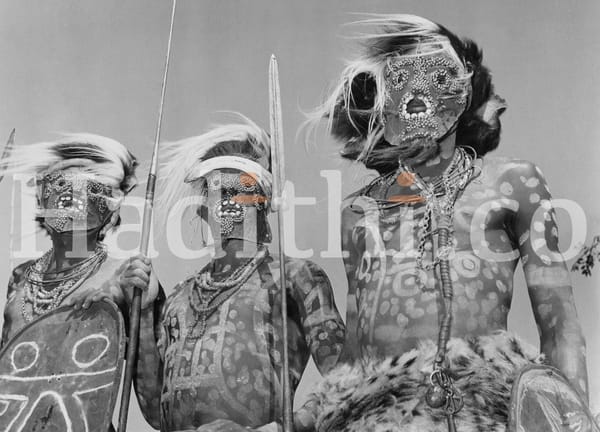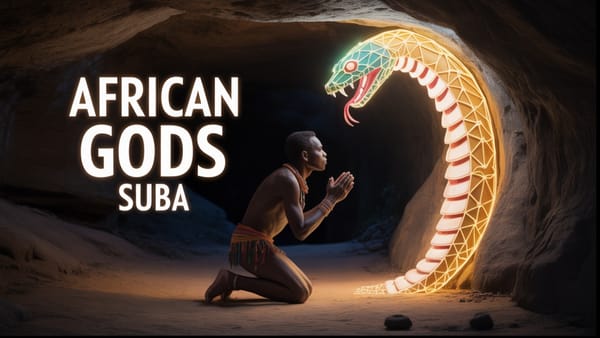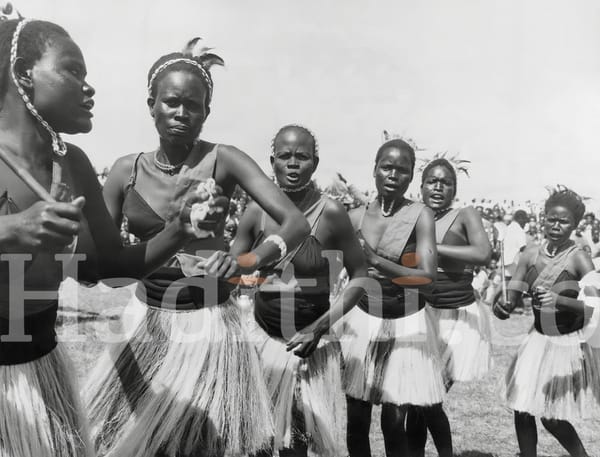The Vital Role of Ndorobo Elders in Cultural Preservation and Community Well-being

Ndorobo elders hold a revered position within their communities, acting as custodians of cultural traditions and mentors for younger generations. Their influence is pivotal in maintaining the Ndorobo worldview, which emphasizes a profound connection to both the past and the future through the concept of olkuak (personality), but differs significantly from Western interpretations of this concept. This moral ideal shapes individuals' personalities and behaviors by referencing the ancestral traditions that have guided the Ndorobo people for centuries.
The Concept of Olkuak
Olkuak embodies the moral framework that governs the lives of the Ndorobo. Elders teach young people about cultural constraints, emphasizing that adherence to these values is essential for leading a life that is divinely chosen and predetermined. This educational role is not merely about imparting knowledge; it is about instilling a sense of identity and purpose that connects individuals to their heritage. By fostering an understanding of olkuak, elders ensure that the community's values and traditions endure through the generations.
Rituals and Community Cohesion
In particular communities, such as the Sabaot people of Mt. Elgon, elders known as Laibons play a crucial role in conducting significant traditional rituals. These ceremonies serve to promote peace and unity, especially among clans in conflict, such as the Soy and Ndorobo.
One notable ritual is the cleansing ceremony, which involves intricate practices designed to appease ancestors and banish evil spirits. The ritual typically includes:
- Diagnosing the Intestines of a Slaughtered Bull: This act is believed to provide insights into the community's health and harmony.
- Sprinkling animal blood, which is done as an offering to the ancestors, seeking their favor and guidance.
- Leading Prayers: Elders lead prayers to foster peace and prevent revenge, emphasizing the importance of forgiveness and reconciliation.
These ceremonies are rare and governed by strict protocols. Silence is maintained throughout the proceedings, and participation is limited, with only elderly women allowed to join the men. This exclusivity underscores the significance of the rituals and the respect afforded to the elders and their practices.
Custodians of Knowledge
Ndorobo elders are also esteemed as custodians of knowledge, particularly concerning the natural environment. Their extensive understanding of local flora and fauna is crucial for the community's survival, especially in areas such as hunting, gathering, and beekeeping.
This knowledge is not only practical but also deeply intertwined with cultural identity. Elders pass down vital information about:
- Medicinal Plants: They teach younger members about various plants that can be used for healing and their specific applications.
- Honey Harvesting: Elders guide the community in sustainable practices that ensure the continuation of this vital resource.
- Sustainable Practices: The elders advocate for methods that respect the environment, ensuring that future generations can thrive.
Spiritual Leadership and Community Harmony
Beyond their roles as educators and custodians, Ndorobo elders provide spiritual leadership. They often consult with spirit diviners to address misfortunes within the community, helping to maintain harmony and balance. This spiritual guidance is integral to the community's well-being, as it reinforces the belief that spiritual health is just as important as physical health.
Challenges and Resilience
Despite facing pressures from modernization, population growth, and encroachment on ancestral lands, Ndorobo elders continue to advocate for their people's rights and the preservation of their cultural identity. They recognize that safeguarding their way of life is essential for both human development and environmental conservation.
Elders are often at the forefront of efforts to protect their territories, engaging in dialogues with external stakeholders and advocating for policies that respect their rights. Their resilience in the face of change is a testament to their commitment to their community and its traditions.
Conclusion
Ndorobo elders are not just figures of authority; they are the backbone of their communities, embodying the wisdom of generations past while guiding the future. Their roles as educators, ritual leaders, custodians of knowledge, and spiritual guides ensure that the rich cultural heritage of the Ndorobo people endures, even in the face of modern challenges. As they continue to navigate the complexities of contemporary life, the wisdom and traditions upheld by these elders remain vital for the sustainability and identity of their community.



